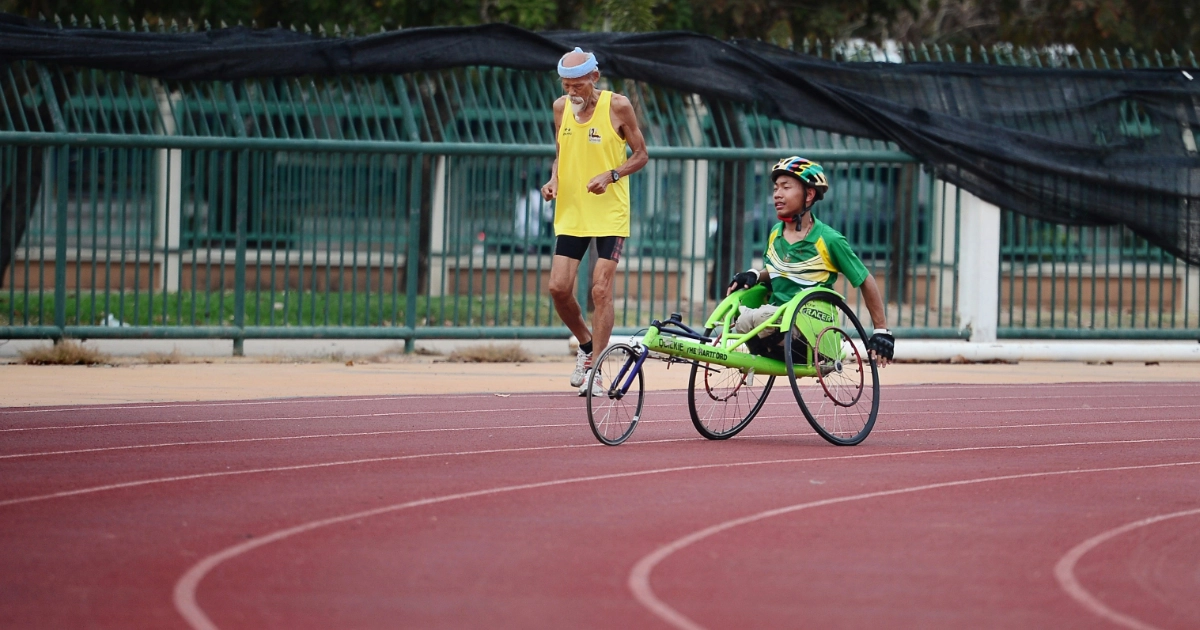The Project “I can work too! – Equity and inclusion in the world of work of people with disabilities”, in partnership with the Jô Clemente Institute, is developed through the methodology of Supported Employment, which is based on the professional inclusion of people with disabilities, not in isolation, but in conjunction with the person’s daily life and with all the aspects and barriers that prevent their full participation in society, changing the paradigm from training and employing to employing and training. The methodology developed by the Jô Clemente Institute basically takes place in four stages, namely: vocational profile, prior qualification of a maximum duration of six months, for cases where this is possible and necessary, but without the requirement of completion for inclusion in the work, job development that constitutes, in addition to prospecting for job opportunities, the analysis of functions, lectures at companies and other actions that may be necessary, and post- inclusion follow-up with an average duration of twelve months. Another methodology used is the so-called Job Club or Clube de Trabalho, which may or may not involve a qualification process, but which follows its own methodology and programmatic content and whose great advantage is its flexibility in the sense that it can be carried out in different locations in the country. County. Both methodologies follow international service standards, being widely recognized in several countries for their effectiveness in including people.
A brief description follows:
1- Supported Employment: the Supported Employment model proposes that the unsuccessful orientation of training-placement be replaced by a more pragmatic placement-training approach, that is, the person first starts working in the job of their choice, receiving at the work all the training and support you need. When necessary or opportune, a parallel qualification process is developed, but already with the person included or formally hired.
2- Job Club or Clube de Trabalho: Made up of a heterogeneous group of people with disabilities and takes place once a week or every 15 days, depending on demand. The meetings should last from 1 hour and a half to 2 hours at most, preferably these groups are held in person, in order to strengthen and develop the interpersonal relationships of the participants. The Technical Cooperation Agreement is developed in six areas of the city, where there is a concentration of people with intellectual disabilities and spaces available for carrying out activities.

